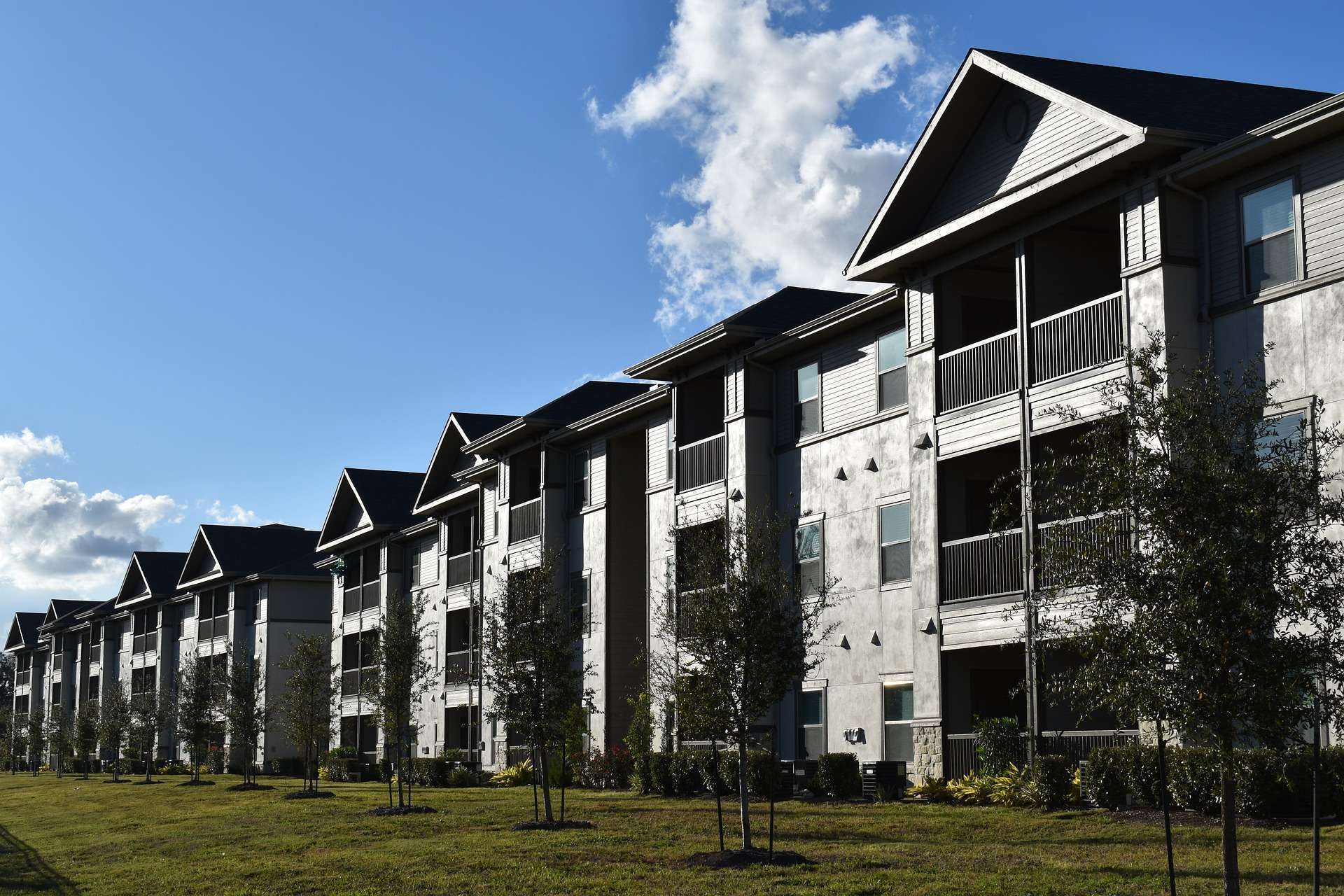
In addition, demand for affordable multi-family housing increased as more Generation Z renters (age 18 to 23) left their family homes for apartments.
This is good news for investors searching for affordablemulti-family housing for sale, as their cash flow will increase with the passive income generated by tenants’ rent.
However, renters and investors are still coping with the effects of runaway inflation, living and renting in an increasingly expensive world. In addition, Fannie Mae is predicting aslowdown in multi-family construction. How will this affect next year’s multi-housing outlook?
The Federal Reserve’s Plans for 2023 Interest Rates
It’s impossible to predict an accurate outlook for multi-family housing and renters without reviewing the predictions issued by the Federal Reserve, or “the Fed” as it’s commonly known.
One of the Fed’s primary responsibilities is tomonitor the nation’s financial systemsand to support a healthy economy.
This responsibility has been evident from 2020 to the current date.
- During 2020, the Fed Reserve responded to fears of a lasting recession by reducing the federal funds rate to around 0.25%.
- Fast-forward to late 2021, the national economy was hit with runaway inflation.
- The Fed responded with four interest rate hikes during 2022 that increased the federal funds rate from 3.75% to 4.00%.
The Fed hopes to discourage consumers and businesses from buying with credit by creating more expensive credit. This helps “cool” the economy and put the brakes on inflation.
This strategy has been described as "bad-tasting, but effective" economic medicine.
How lousy will rates taste next year?
Rate Predictions for 2023
During 2023, the taste of Federal rate hikes probably won’t improve. According to the President of the Federal Reserve Bank of Chicago, rates are expected to continue rising from 4.5% to 4.75%.
The question for investors financing their purchases of multi-family properties is:How many will postpone their investments in 2023?
It’s possible that, even when paying more for commercial property financing, investors who don’t postpone their expansion into multi-family property sales may still profit. This is because rental rates and demand for additional units continue to grow.
How Rising Rates May Affect Multi-Family Investors
While most developers dislike postponing a new project, higher rates create expensive credit. Some analysts predict that some 2023 apartment builds will be delayed, but not all.
For example, a developer’s financial backers may opt to raise the rental rates of a completed building, as this will help cover the additional cost of credit used to buy construction materials.
This may translate into higher rent rates for newly-built multi-family real estate.
This is only half the picture. It’s not realistic to consider how rising interest rates will affect investors without considering the effect on their tenants.
Will Renters’ Preferences Change?
It’s well worth it for investors to research potential renters in their preferred area.
- In some cities, more renters are opting for roommates. Developers may want to add more two- and three-bedroom units to new projects.
- Not all renters plan to share, especially those who work remotely. They’re often willing to pay more for one-bedroom and studio apartments.
One example: When an NYC developer announced plans for a multi-family building composed entirely of 302 sq. ft. studio apartments,60,000 potential renters appliedfor one of the 55 units before they were completed.
Here are details of new affordable multi-family housing projects planned for construction during 2023.
Multi-Family Projects Expected for 2023
As the number of renters continues to grow, so does the demand for rental units.
During 2022, multi-family construction skyrocketed, hitting an all-time high of 841,000 units under construction. In addition, building permits rose 25.5% year-over-year.
With more would-be homeowners priced out of the market and younger workers leaving the family home, some industry analysts have identified a logjam of renters.
Rates that sidelined would-be homebuyers are also affecting developers. Some have already decided to postpone construction starts. This is evidenced by the number of multifamily units officially authorized by city officials but have not yet started.
Industry experts fear that this trend will only become worse in 2023. Will the number of renters in 2023 cause the predicted logjam? Will rents rise, and by how much? Apartment managers have their data.
Tenancy and Rent Rates: Data and Predictions
According to theresearch team at Apartment List, the national rental price index fell by 0.7% during October 2022. This isn’t a surprise, as fall and winter are slow rental months.
However, rent prices continued to pull ahead of pre-pandemic numbers. As of November 2022, rents for the year have increased by around 5.8% annually.
Researchers also found that the vacancy index grew to 5.5%.
If you’re wondering why vacancies increased, this is due to a slower rate of what’s referred to as“household formation.” More nervous, young, would-be renters prefer to stay at the family home or with roommates.
That said, today’s vacancy index remains below the pre-pandemic norm. This translates into a year of opportunities for careful investors.
One Thing's for Sure: Additional Housing Is Needed
While industry analysts don’t all agree about the current outlook for multi-family housing, the need for additional units during 2023 and beyond has been identified.
Unit shortages in many areas are due to increased mortgage costs, more first-time homebuyers being priced out of the market, and inflation.
Rising interest rates may result in some, but not all, new multi-family builds being postponed.
As with any investment plan, start with research of today’s markets and the assistance of a broker if you’re starting.
Source: What’s the Outlook for Affordable Multi-Family Housing in 2023?
https://www.creconsult.net/market-trends/whats-the-outlook-for-affordable-multi-family-housing-in-2023/





